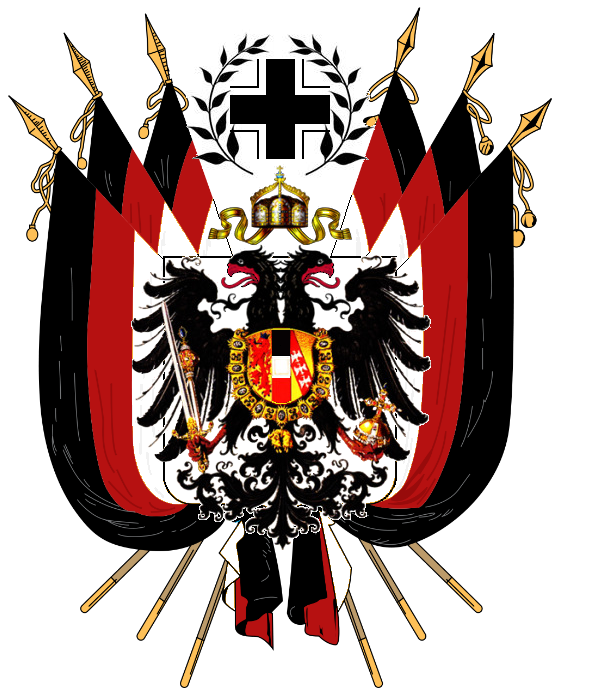
Amtliche Aussage der Meritokratischen Republik Neo Prutenia
Official Statement of the Meritocratic Republic of Neo Prutenia
This public archive is used as a reference guide and comprehensive list of all Prut policies, bilateral, multilateral, and international treaties, as well as laws and regulations that the Prut Meritocracy follows, respects, and/or is a party of. This is also the only legal reference Neo Prutenia will accept as a valid source for citing any violations, transgressions, crimes, or irregularities in regard to international law and international custom when Prut are concerned. In regard to international laws, the Prut are not a party to most if any at all treaties that are frequently cited and used as a reference in many disputes, and doesn’t accept any such accusations as valid in any context, nor is this nation accountable to treaties or any other documents it hasn’t officially signed and ratified. In regard to international custom, the Prut Meritocracy will honour them when appropriate, but in no way officially supports or legally defines its relation to them or holds itself accountable or bound by international custom. It is just a sign of goodwill.
Neo Prutenia does not hold other parties accountable to its own policies or treaties, nor do they in any way infringe upon other sovereign groups rights and ability to exercise their own sovereignty. The Prut, however, leave the possibility open for other nations to adopt these policies, with optionally forming bilateral or multilateral treaties around them. Should a party be interested in adopting our policies, seek assistance in the implementation, or just has questions or needs to inquire about specifics, the Prut Diplomatic Service (Prutischer Diplomatischer Dienst) is available to respond to any of these issues.
List of all policies:
- Die Lieblich-Erklärung / The Lieblich Declaration
- Doctrina D’Osca / Osca Doctrine
- Keun-Greiner Protokoll / The Keun-Greiner Protocol
List of all treaties:
- Vertrag von Wrangelburg / Treaty of Wrangelburg
List of defunct policies/treaties
- Lohenstein Grundsatz / Lohenstein Doctrine

